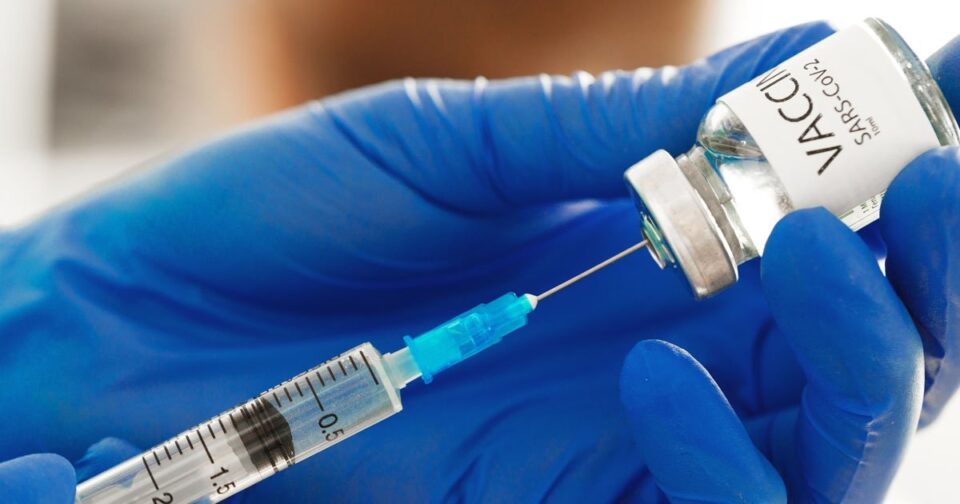The Covid-19 pandemic has shaken the world since it began in December 2019. To date, over 200 million people across the globe have been infected with this virus and more than 4.5 million people have succumbed to Covid-19. The first Covid-19 vaccine has been approved by the WHO about a year into the pandemic and another six are approved later on to be used internationally. Since the vaccine rollout, we have seen positive results that prove coronavirus vaccines (vaksin coronavirus) are effective in preventing severe illness and lowering the mortality rate due to the virus. Recently, the Ministry of Health Malaysia has announced that they will be giving a third dose of the Covid-19 vaccine. Continue reading this article to know if you need a third dose of this vaccine.
What is the difference between a booster dose and a third dose of the Covid-19 vaccine?
Studies show that the level of antibodies against coronavirus is likely to decrease over time. This waning immunity might not be effective against some of the more contagious variants of the virus, such as the Delta virus. Booster shots are given to individuals who have completed their vaccination as an addition after the protection provided by the initial doses has started to weaken over time. Meanwhile, the third dose of the Covid-19 vaccine is given to those who may not have gotten an optimum level of immunity from the first 2 doses. A third dose will help these individuals to gain sufficient immune response to protect them against the virus.
Do I need a third dose of the Covid-19 vaccine?
As of now, the Ministry of Health Malaysia recommended the third dose of vaccine for those who are immunocompromised. That includes :
- Cancer patients who are receiving active treatments
- Organ transplant recipients who are on medications to suppress the immune system
- Those undergoing dialysis
According to CDC (Centres for Disease Control and Prevention), besides the groups mentioned above, the third dose of vaccine is recommended for these individuals :
- Those with moderate to severe primary immunodeficiency syndromes
- Advanced or untreated HIV infection
- Those on treatment with high-dose corticosteroids and any other drugs that can suppress the immune system
Those who are eligible for the third dose of the covid vaccine are encouraged to receive it at least 28 days after the second dose.
On the other hand, booster shots are given to people in high-risk groups. Those include :
- Healthcare workers
- Elderly people with comorbidities
- Those who are living or working at long-term care facilities
- Immunocompromised patients
This booster dose is given 6 months after the completion of the initial two doses. Only the Pfizer-BioNTech vaccine has been approved as a booster for now. As for the rest of the population, booster shots will be recommended as more data becomes available.
What are the risks of getting a third dose of the Covid-19 vaccine?
According to the CDC, there are no additional risks associated with the third dose of vaccine. Those receiving the third dose will experience side effects similar to the previous doses. Some common side effects include :
- Fever
- Chills
- Fatigue
- Headache
- Muscle pain
- Diarrhea
- Swelling and pain at the injection site
If you experience severe allergic reactions with any of the previous doses, you might not be suitable for a third dose.
Bottom line is, the Covid-19 vaccines (vaksin coronavirus) should be taken by those who can so that herd immunity can be achieved. However, getting vaccinated does not mean that you are completely immune to the virus. Breakthrough infections with Covid-19 have been reported, more so with the delta variant of Covid-19. Hence why it is important to always stay vigilant by wearing face masks and practicing social distancing. Keep you and your loved ones safe by getting vaccinated today!

